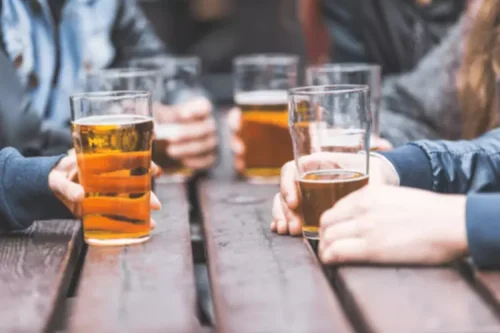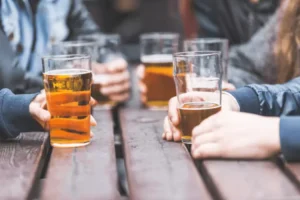Dont Go It Alone: Keeping Loneliness at Bay in Recovery

For more information about substance use disorder and the recovery process, please contact us below or find us on social media. When you are struggling with drugs or alcohol, it can feel as though you are going through the situation all on your own. It may well seem as though no one can help you—and that you cannot help yourself. You can also ask your friends and family to check in on you regularly for emotional support and comfort. Doing so can build up your motivation to stay consistent with your recovery. PCP boasts a team of dedicated professionals with extensive clinical expertise in addiction treatment.

How To Prevent Isolation
There is a big difference between feeling lonely and being alone. For those in recovery, it’s important to learn how to be comfortable with yourself without escaping to drugs or alcohol. These moments of solitude are opportunities to reflect and discover the creative, emotional and profound human you’ve always been. Instead, it can be a season of learning to love yourself and taking huge steps in your recovery process. I am fortunate enough to work in the mental health field, which has allowed me to be surrounded by people who understand and can help me stay on track.
Negative Consequences on Parenting

In conclusion, hobbies offer invaluable resources for individuals striving for sobriety, acting as building blocks towards a healthier, more fulfilling life. By offering emotional outlets, social support, and personal development opportunities, hobbies can significantly enhance the recovery process. Engaging in meaningful activities not only provides joy but also reinforces the gains made on the journey to sobriety, helping to sustain a commitment to a life free from https://ecosoberhouse.com/ addiction. Hobbies provide healthy coping mechanisms crucial for managing stress and navigating emotional challenges. Engaging in physical activities, creative outlets, or mindfulness practices can significantly alleviate anxiety, improving overall mental health during recovery.
- For those in recovery from addiction, drama therapy has become a leading therapy choice.
- Even if you don’t know anyone there, it’s better than risking going to the bar or drowning your lonely and depressed feelings with booze.
- You can start yoga (I did), join a cooking class, bootcamp, walking groups, cycling clubs, martial arts … somewhere that you’ll meet other people.
- It is likely that loneliness will try to creep into those openings.
Letters to the Editor: Trails on Mt. Baldy are closed for a reason. Don’t hike on them
- In this shared understanding, a profound sense of empathy emerges.
- Additionally, isolating may cause you to lose interest in activities you once enjoyed.
- It includes finding meaning in your recovery, setting new goals and dreams for your future, and believing in yourself again.
- Often it’s good to wait a little while before taking on the stress and effort of getting into a new relationship.
- Perseverance is the belief in yourself that no matter how hard things get, you’ll keep going.
Looking back now, I think I felt lonely due to the lack of meaningful connections or feelings of belonging. Loneliness is not something that should be taken lightly; it’s a real emotion that needs to be addressed in order to prevent further what is alcoholism mental health issues from coming up. The first thing to realize is that there is a difference between being alone and feeling lonely. Many people can be alone and be happy with very little interaction with others. Some people can spend most of their free time with other people and still feel lonely. Getting to the root of feelings is the first step to finding a solution and healing.
Feelings of loneliness might be unique to you now, but they are quite loneliness in sobriety common on the recovery journey—and for other people as well. Some statistics indicate up to 15 percent of people living in the U.S. are lonely. You learn to process others’ opinions and advice through a healthy filter of space and clear thinking.
Engaging in hobbies has a profound impact on self-esteem, stress relief, and personal growth during recovery. Participation in leisure activities can reduce negative emotions and stress, leading to improved overall health and lower cortisol levels. And in addition to addressing your substance use disorder via detoxification and rehabilitation, we can also address any co-occurring mental health disorders. This is essential because lasting sobriety and good mental health go hand in hand. When you are in the grips of a substance use disorder, the drugs or alcohol are doing damage to your body and brain.

Residential Treatment Facility
I relapsed several times in the beginning because I was alone and ended up having a pity party. Therefore, if you’re finding that you’ve been feeling lonely in sobriety, arm yourself with a number of things you can do right away and do them when that sad and lonely feeling sets in. Motivation is a driving force in recovery, and connection is a wellspring of inspiration. Seeing others achieve milestones, maintain sobriety, and overcome challenges becomes a powerful motivator.
